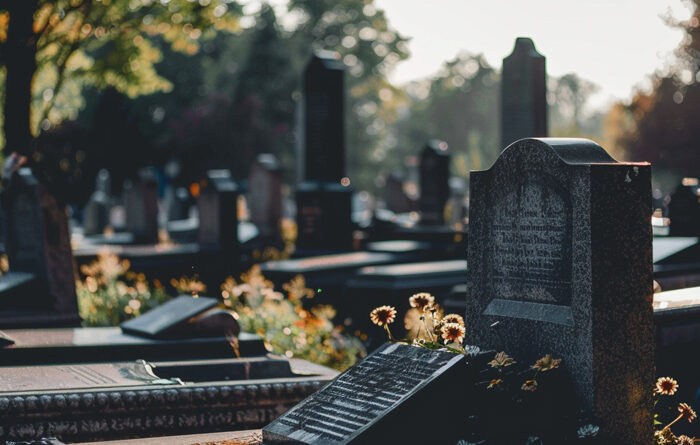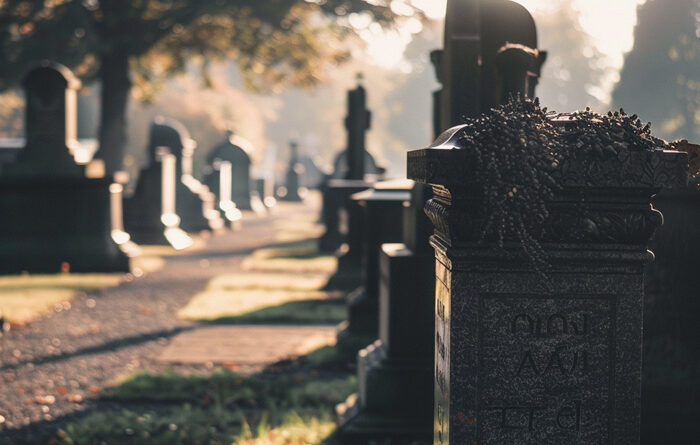
Understanding the Grieving Process in Miami Following Cremation
Coping with the loss of a loved one is a deeply personal and challenging journey. In Miami, where diverse cultures imbue varying rituals and traditions concerning death, the process may take unique shapes. Specifically, after cremation, individuals and families confront a series of emotions and decisions that shape their grieving experience. This article aims to guide you through the array of feelings and practicalities involved in mourning after a cremation has occurred.
The death of a loved one immediately plunges those left behind into a sea of responsibilities and ceremonies. In Miami, with its vibrant amalgam of cultures, cremation is a choice many opt for, whether due to personal preference, financial considerations, or cultural beliefs. The act of cremation itself is often swift, but the scars it leaves on the hearts of those grieving can last a lifetime. To cope with this loss effectively, understanding the stages of grief and the support systems available is essential.
Stages of Grieving and Emotional Responses
Grief does not follow a linear path; it is a complex cascade of emotions that can ebb and flow unpredictably. The pioneering model developed by Elisabeth Kübler-Ross outlines five stages of grief: denial, anger, bargaining, depression, and acceptance. Although not everyone will experience all these stages, or in any specific order, recognizing them can help individuals acknowledge what they are feeling and that what they are going through is a normal part of the grieving process. Moving through these stages takes time and often support from professionals or loved ones.
Emotional responses to cremation can be varied and intense. For some, the physical absence of the body can bring about a sense of unreality or distance from the loss. Others may find solace or closure in the symbolism of ashes and the options for memorialization that cremation provides. Nevertheless, it’s important to acknowledge and respect these emotions without judgment or a prescriptive timeline for recovery.
Navigating Memorialization and Remembrance
After cremation, memorialization becomes an important consideration for many. In Miami’s diverse cultural landscape, there are numerous ways to honor the deceased. Choices range from keeping the ashes in an urn at home, scattering them in a place of significance, or interring them in a columbarium. These decisions are deeply personal and should reflect both the wishes of the deceased and the needs of the bereaved.
Miami’s proximity to the ocean also presents unique opportunities for ash scattering ceremonies, which can be a powerful way to say goodbye. Additionally, for those who find comfort in permanence, creating a dedicated space in a memorial park or garden provides a place for reflection and remembrance. These acts can bring comfort during the grieving process, providing physical spaces to connect with the memory of the loved one.
Seeking Support in Community and Professional Resources
Mourning a loss can feel isolating, but it’s important to remember that support is available. Miami hosts numerous community groups and therapists specializing in grief counseling. Connecting with others who have experienced a similar loss or speaking to a professional can provide solace and understanding.
Many funeral homes in Miami also offer post-cremation services like grief seminars and workshops that can give structure to the grieving process. Religious and spiritual organizations can also offer guidance and a community to lean on during difficult times, with group gatherings and individual support.
Practical Considerations After Cremation
Apart from emotional healing, practical issues must also be addressed after cremation. This involves managing the deceased’s estate, which can be an intricate process that often requires legal advice. Since Miami is home to many residents with assets and family in different countries, this process can become complicated.
It’s also necessary to consider the final disposition of the ashes. It’s important to be well-informed about the local regulations or religious stipulations regarding this, as they can vary greatly and could impact your decision-making. Funeral directors and cremation service providers in Miami can offer guidance on these legal and logistical concerns, helping to simplify the complexities of the situation.
Creating Personalized Memorials and Tributes
Beyond the standard practices, there are many personalized ways to pay tribute to a loved one after cremation. For instance, commissioning custom jewelry or artwork incorporating the ashes can be a beautiful way to memorialize someone special. Additionally, in Miami, one can engage with artists and craftsmen adept at creating these meaningful tributes.
Consider planting a tree or creating a garden in memory of the deceased, as a living tribute offers a space of beauty and growth—a reminder of the cycle of life. Such personalized memorials can provide immense emotional relief and serve as a dedicated place for contemplation and connection.
Conclusion
The grieving process following cremation in Miami is as diverse as the city itself, with no “right” way to cope with the loss. Emotions will vary considerably, and coping mechanisms must be as individual as the person experiencing them. Whether it be through traditional memorials, personalized tributes, or seeking out support groups and professional help, the path to healing requires patience and compassion for oneself and others.
The journey through grief is not to be rushed, and each stage must be afforded the space and respect it demands. As individuals in Miami navigate these challenging waters, they should be reminded that they are not alone. The community and service providers are ready to offer guidance and support. Ultimately, the process of healing from loss is about finding meaningful ways to honor those we’ve loved and finding peace in their memory. The steps taken after cremation are just one part of that larger, deeply personal journey.

What is the usual time frame for receiving cremated remains after the process?
The time frame for receiving cremated remains can vary depending on the crematorium and the specific circumstances surrounding the cremation. Generally, the process can take anywhere from a few days to a couple of weeks after the cremation has taken place. It’s important to communicate with the crematorium or funeral service provider to get an accurate estimate for your situation.
Can family members be present during the cremation process?
Yes, in many cases, family members are allowed to be present during the cremation process. This is often referred to as witnessing the cremation. Each crematorium has its own policies regarding attendance, so it’s important to discuss this with the service provider beforehand. Being present during the cremation can provide a sense of closure for some grieving families.
How can I honor my loved one’s memory after a cremation?
There are several ways to honor a loved one’s memory following cremation. You can hold a memorial service or celebration of life, scatter the ashes in a meaningful location, keep the urn in a special place at home, or create keepsake jewelry containing a small portion of the ashes. Planting a tree or creating a garden dedicated to your loved one are also thoughtful ways to remember and honor them. Ultimately, the choice depends on personal preferences and the wishes of the deceased.





